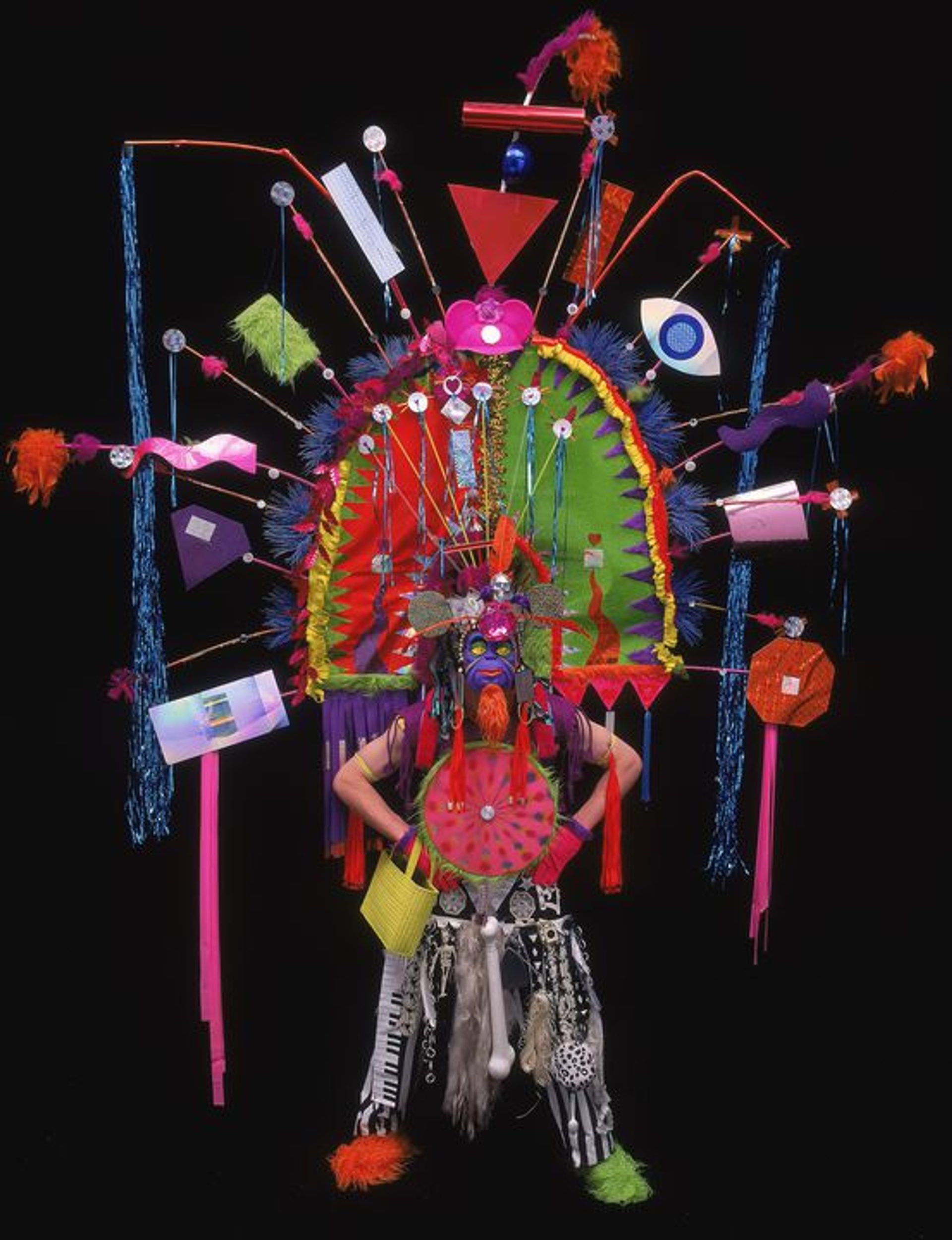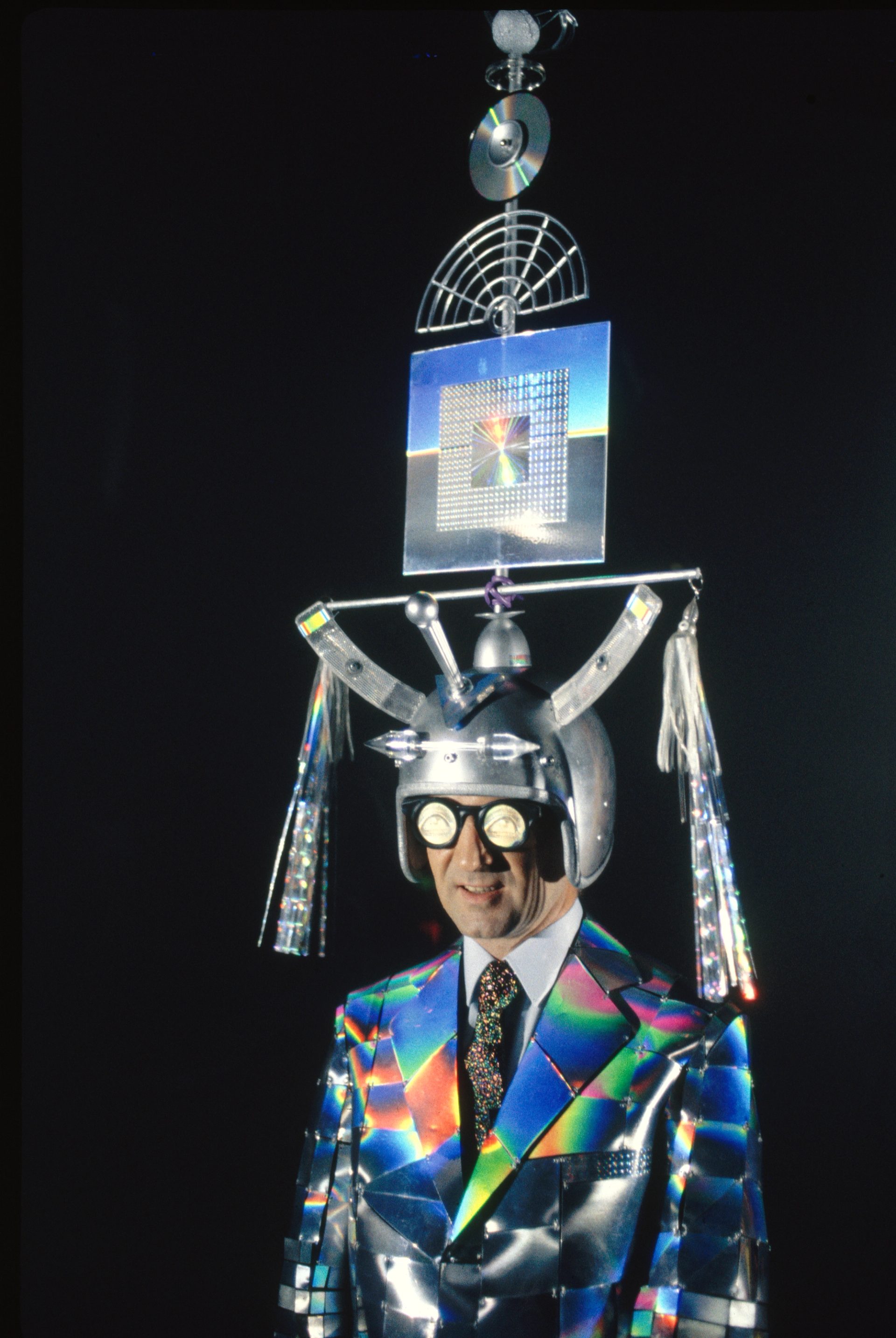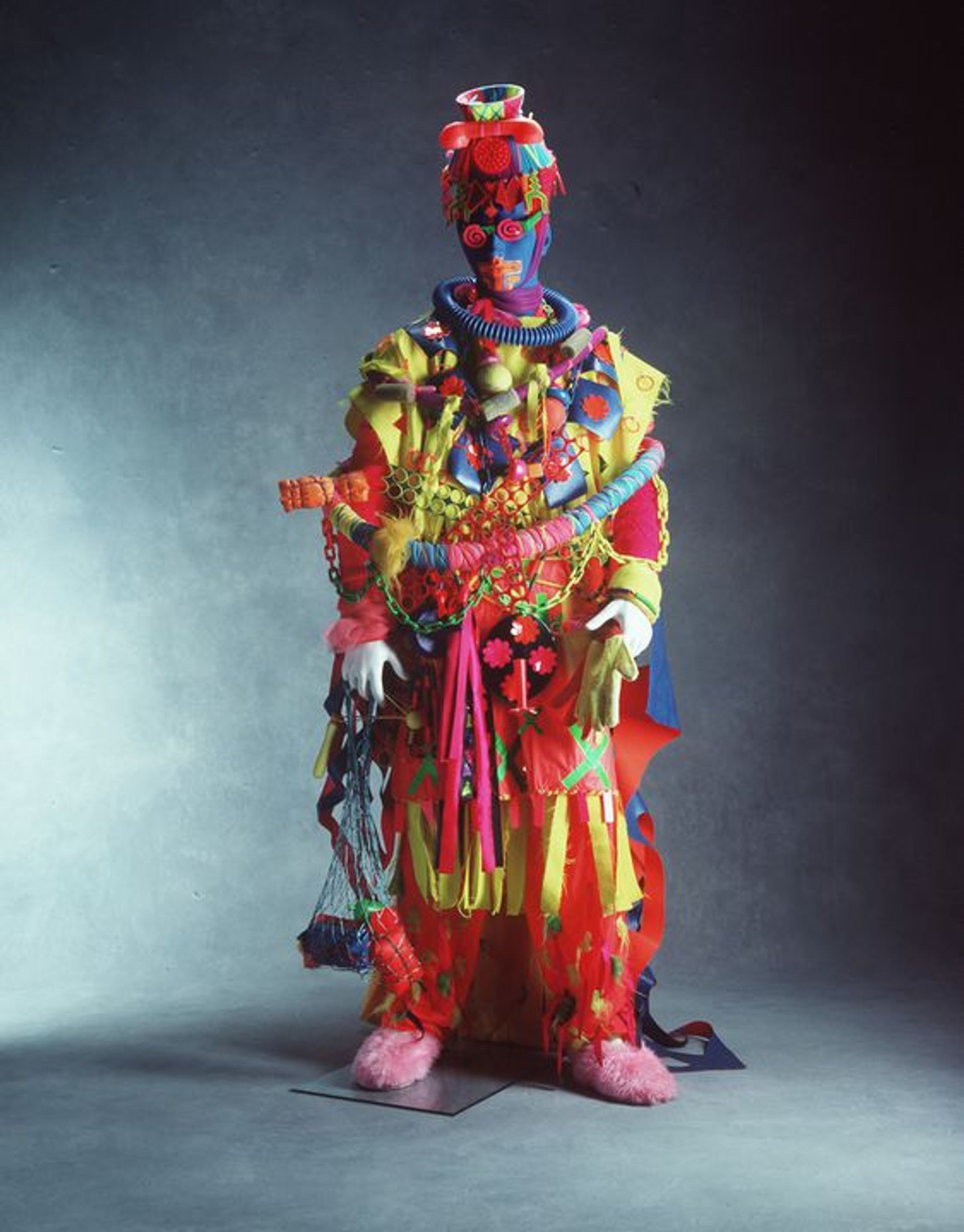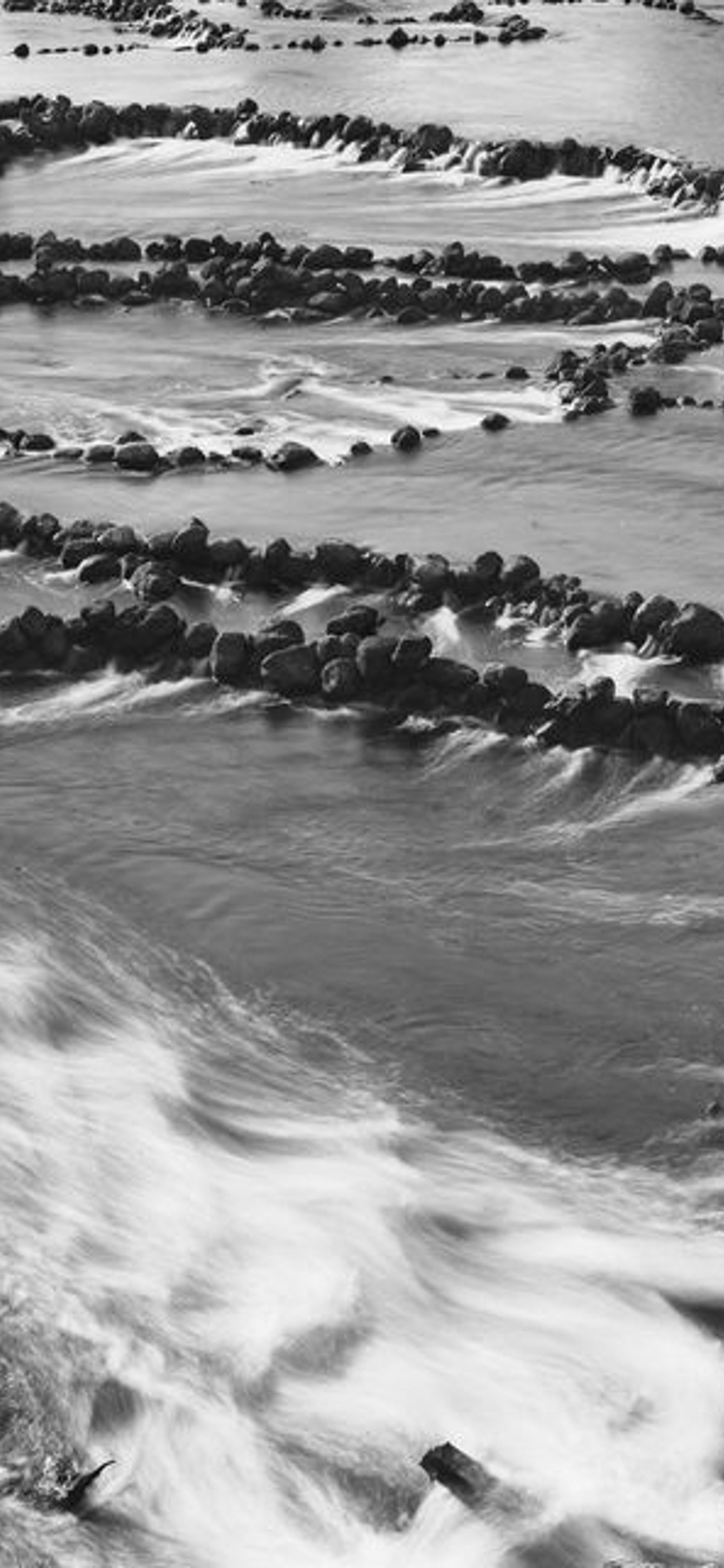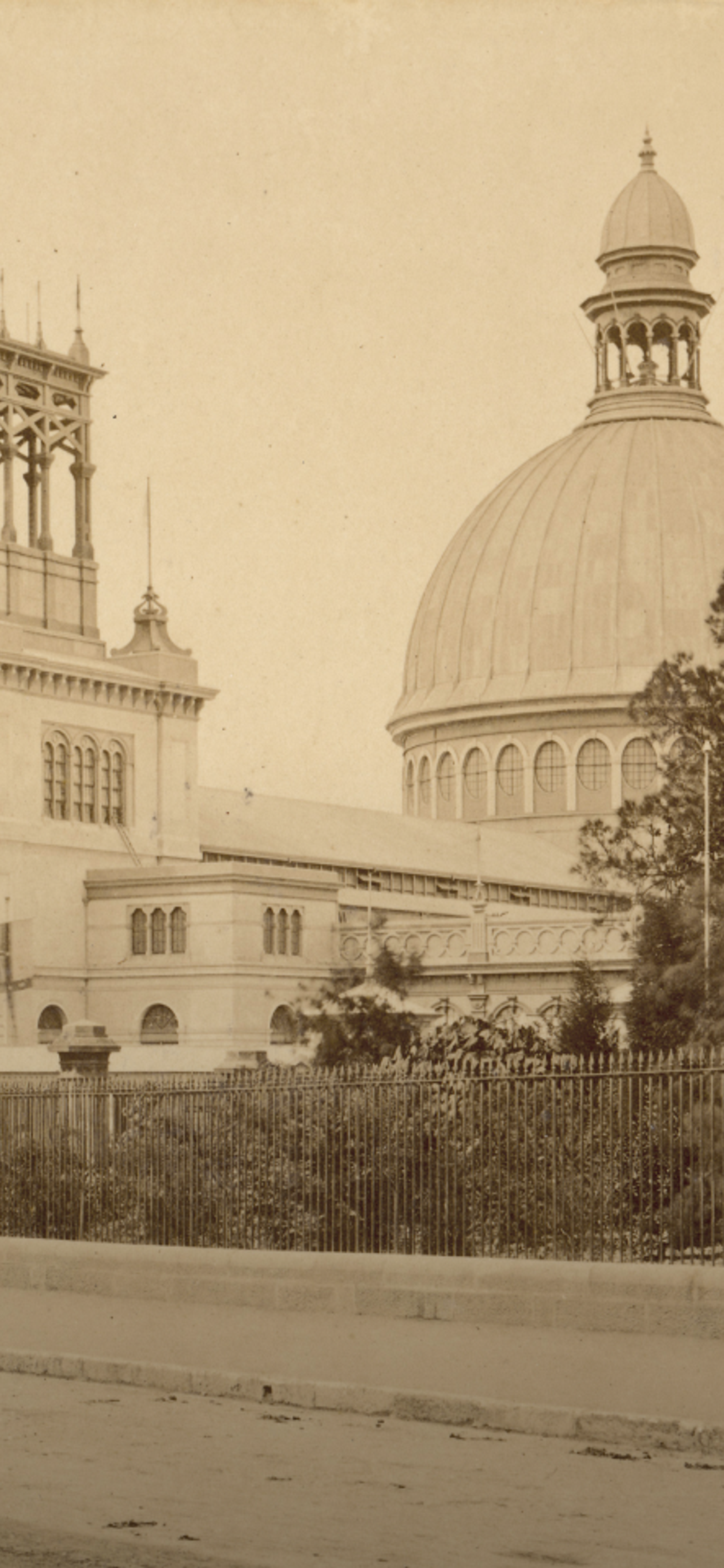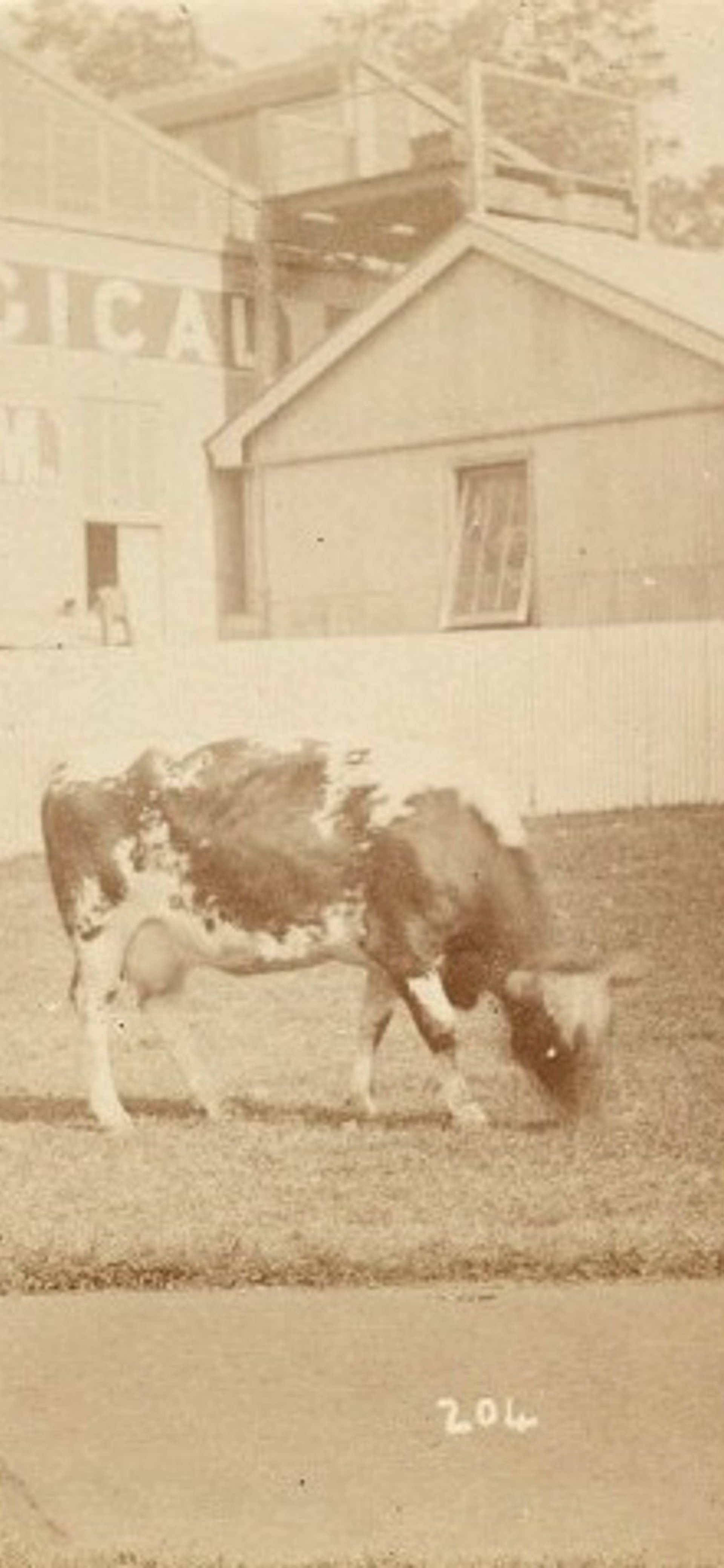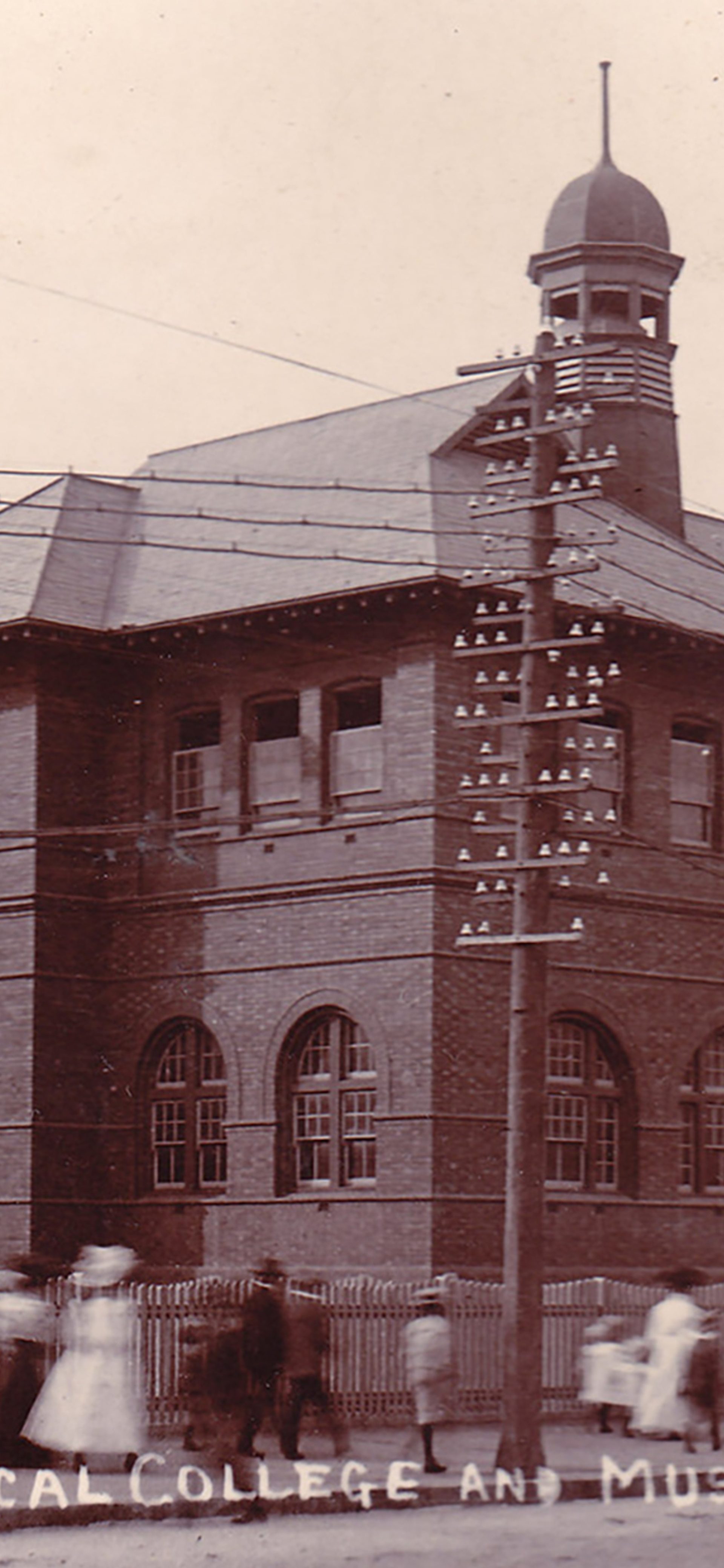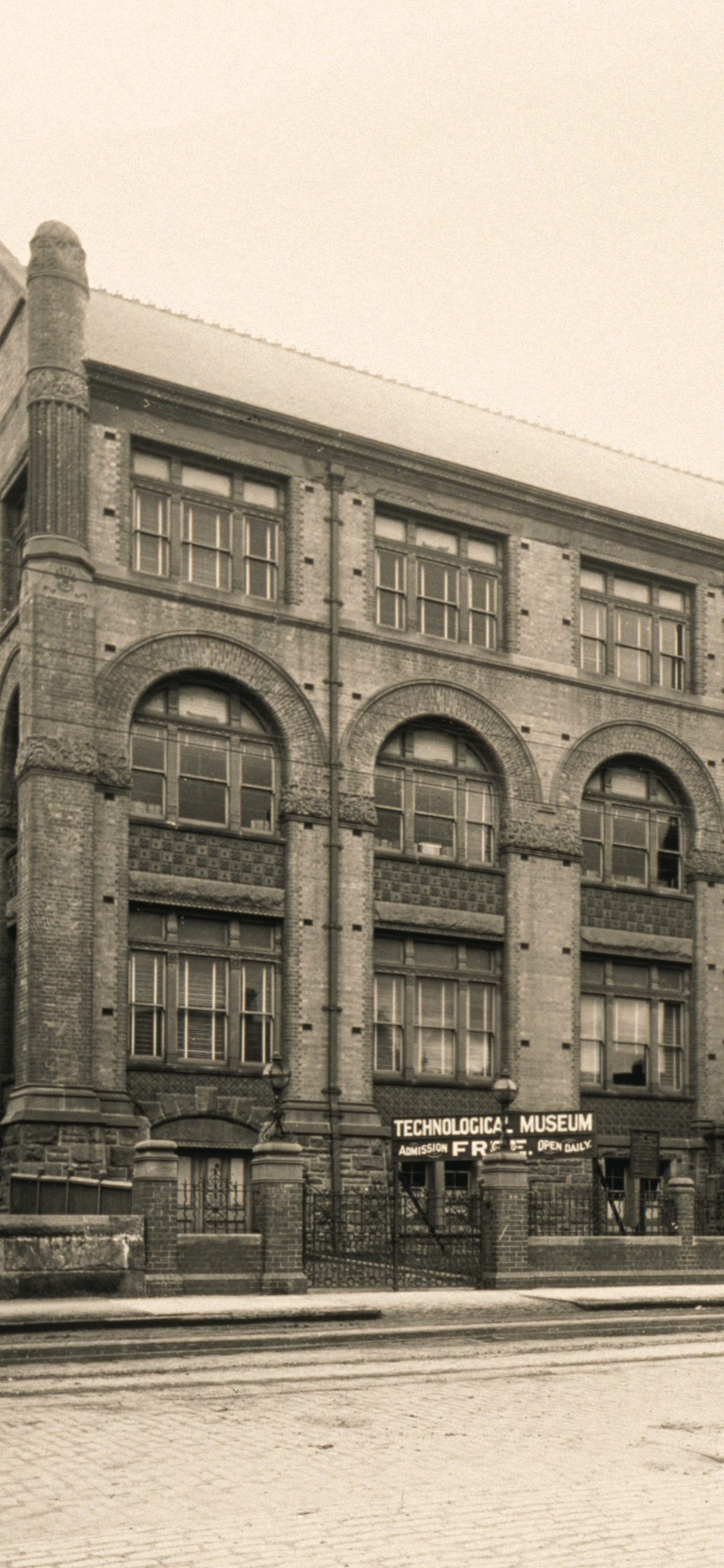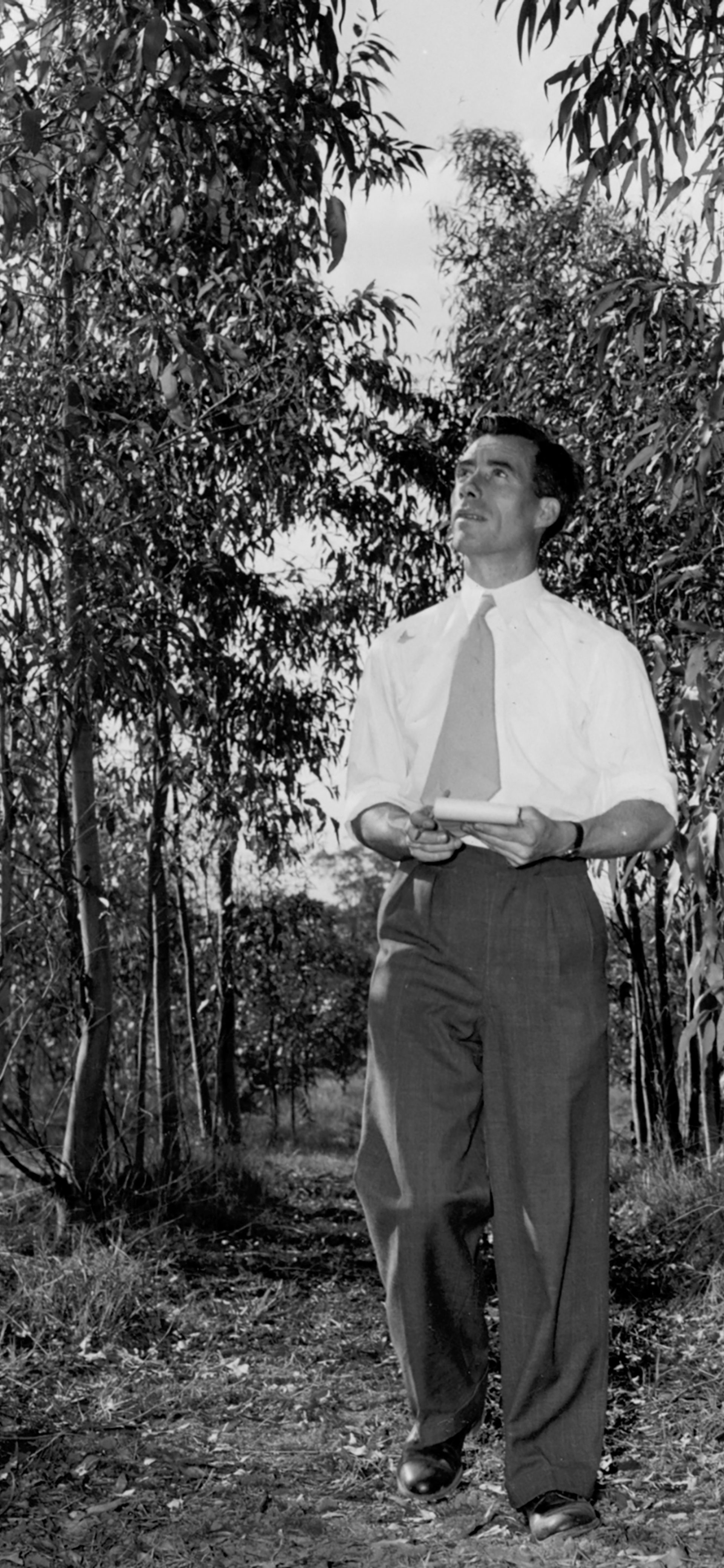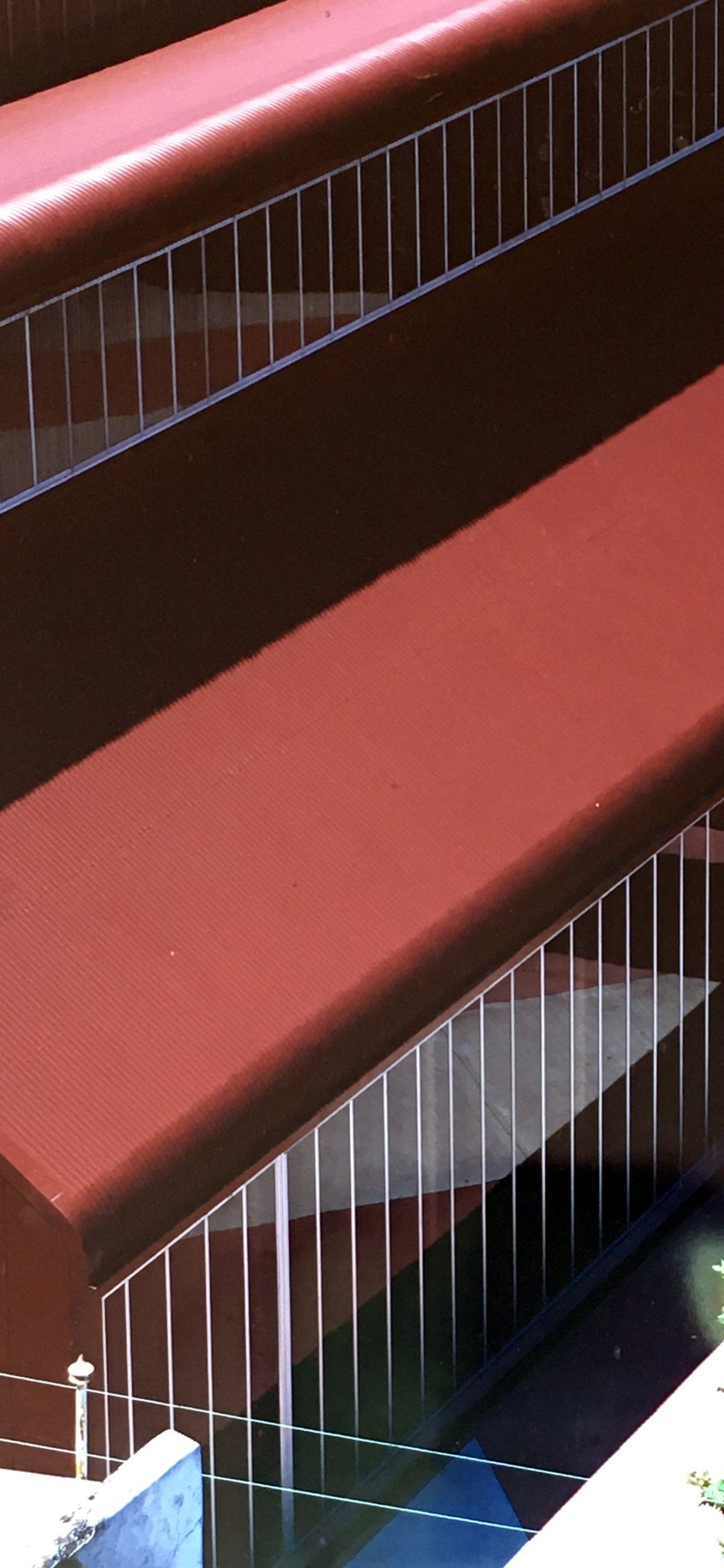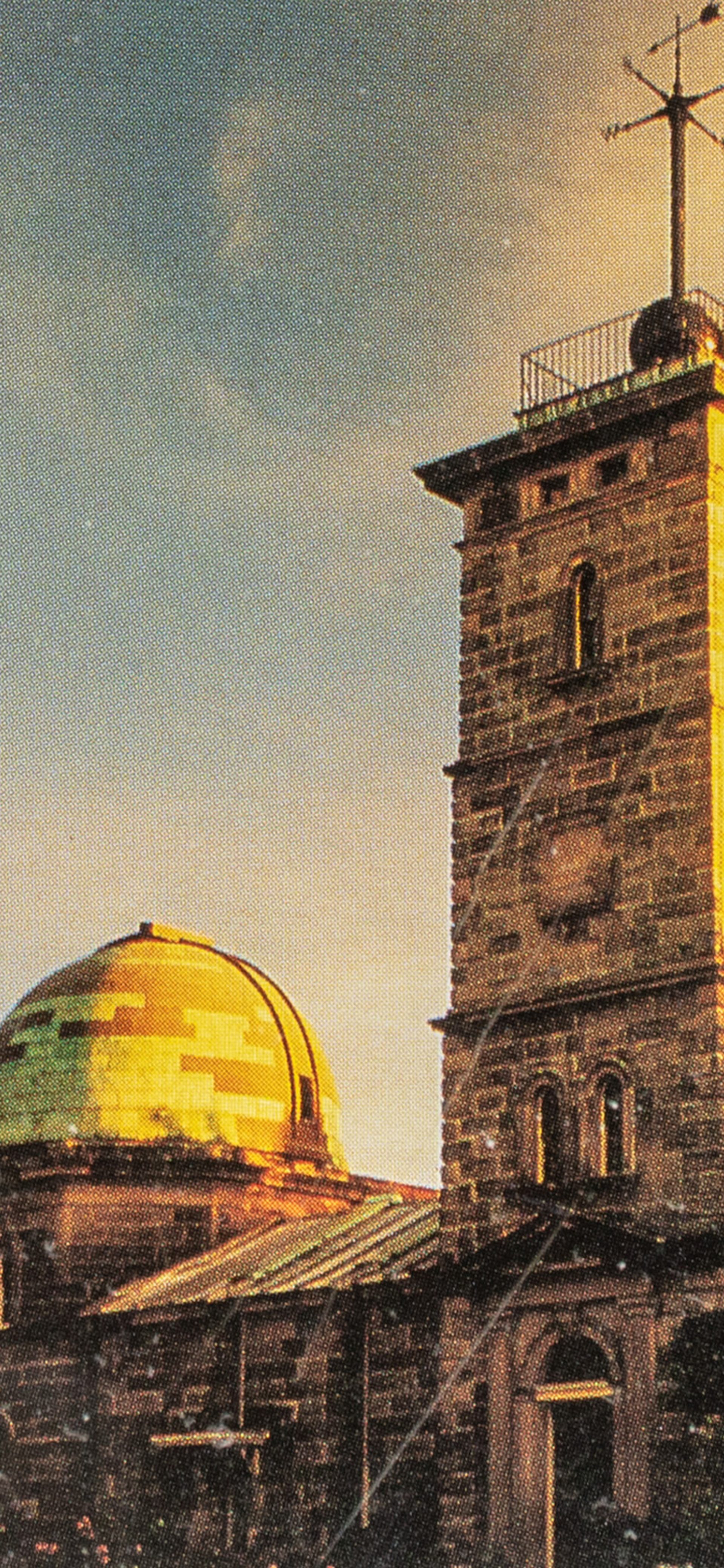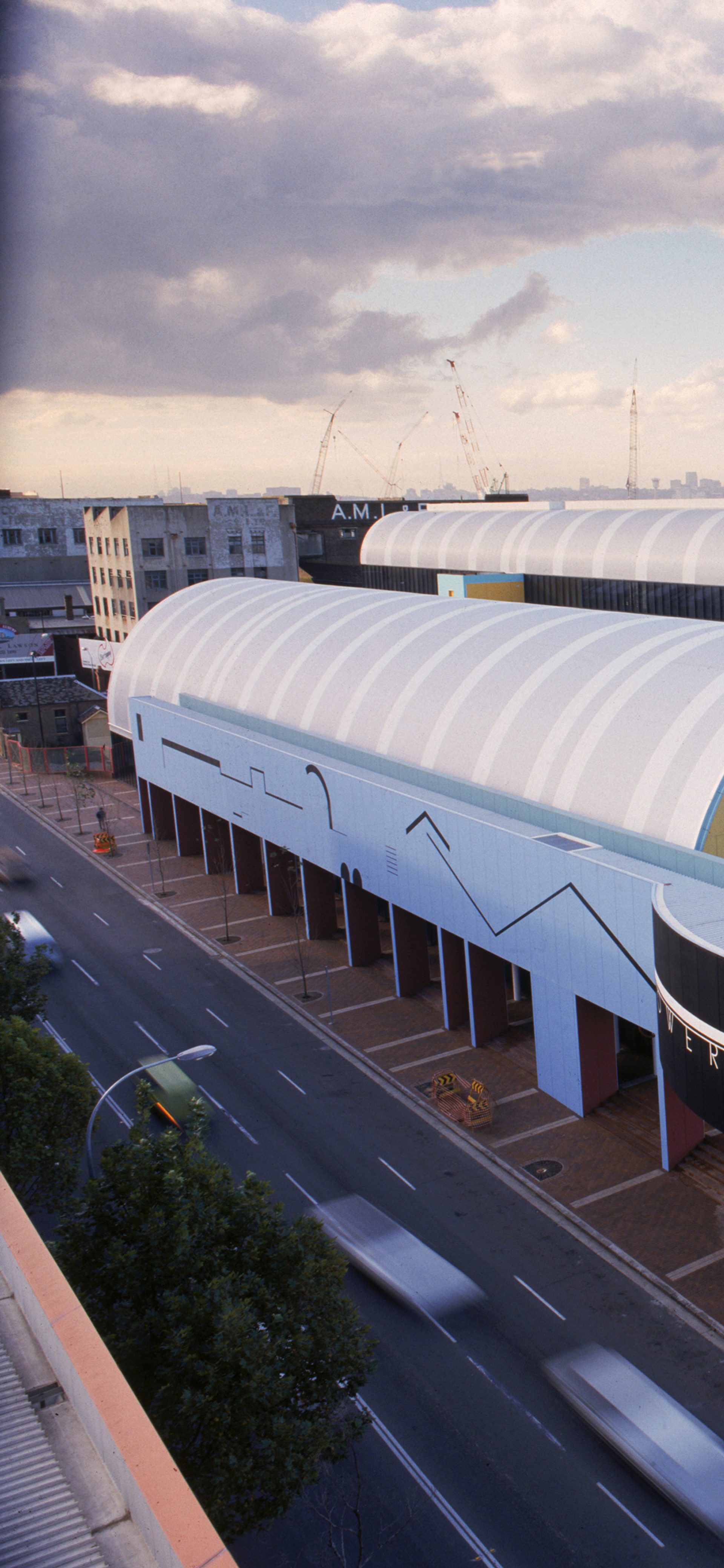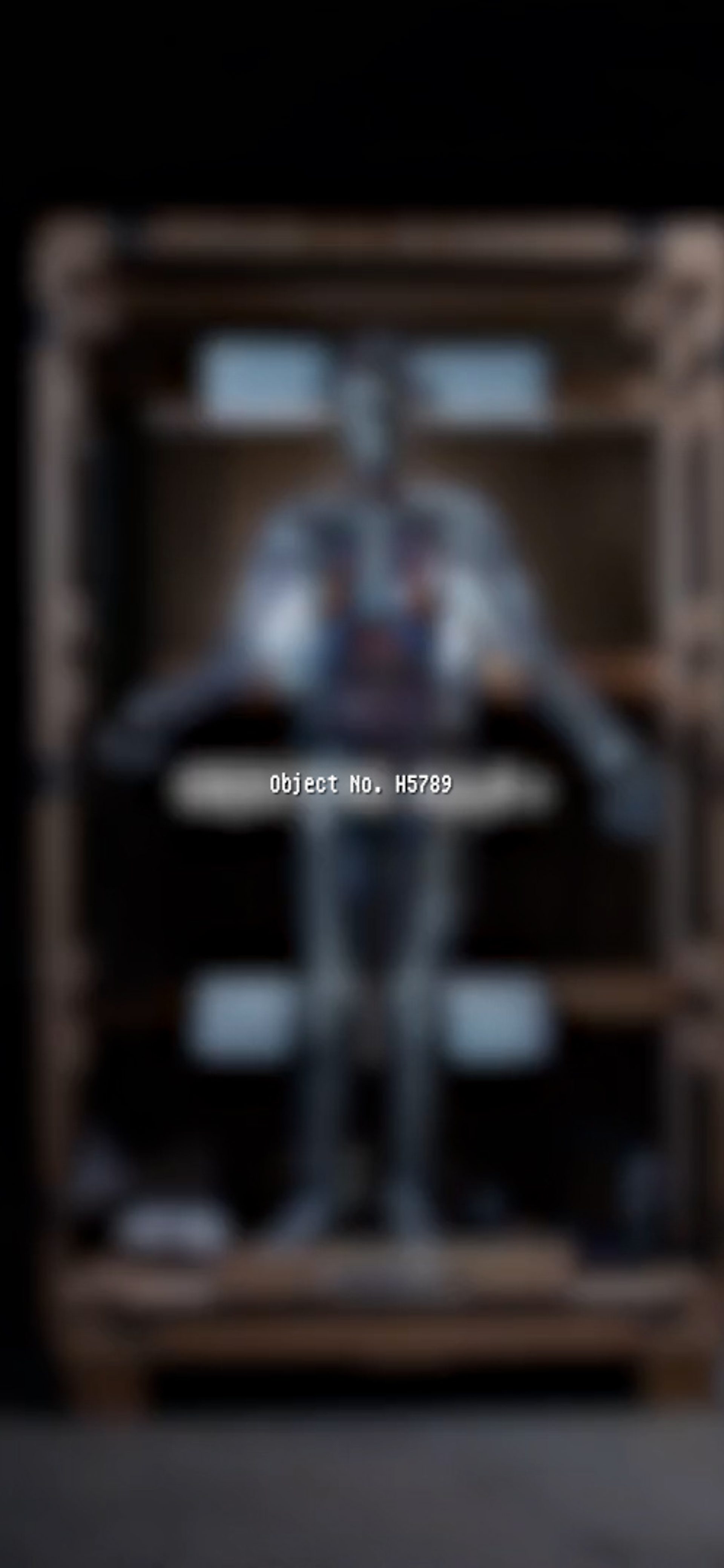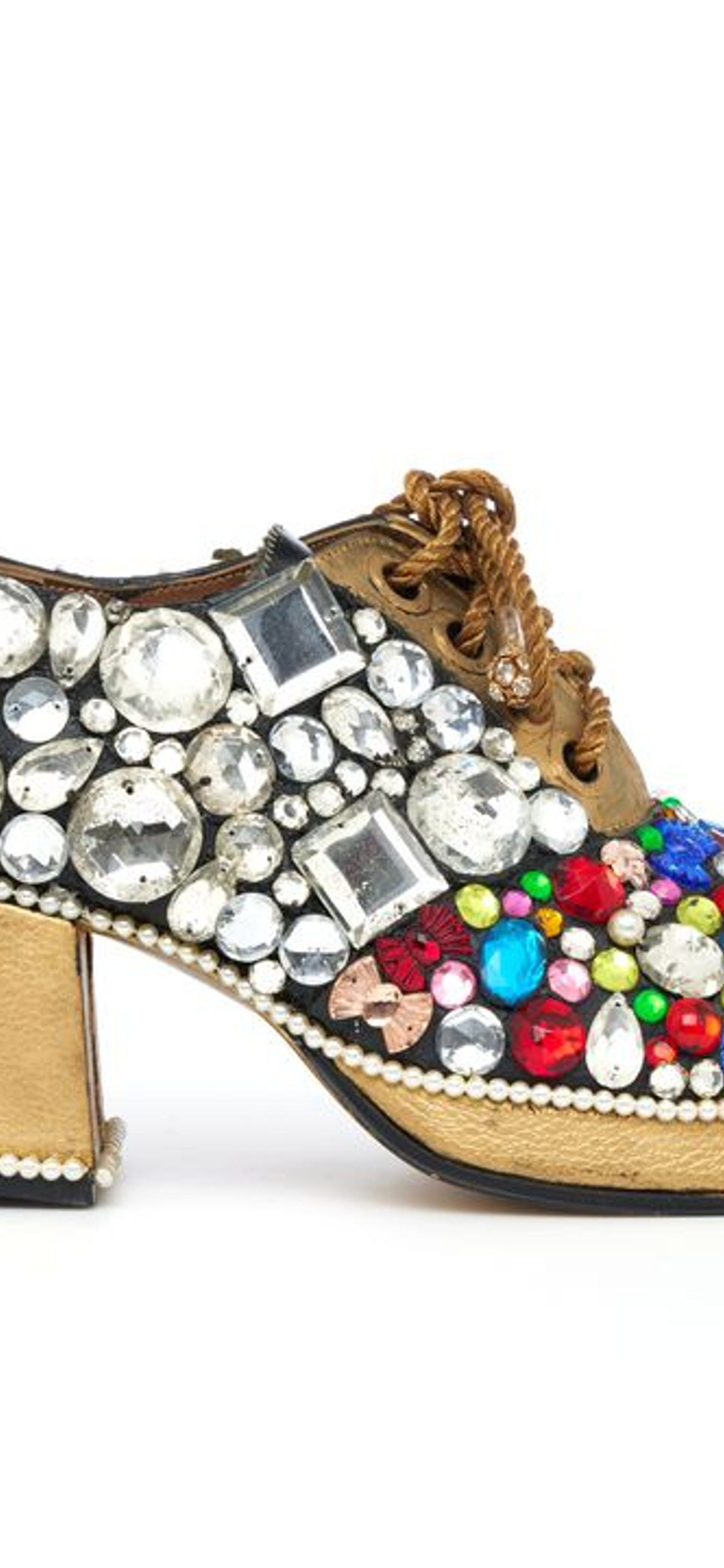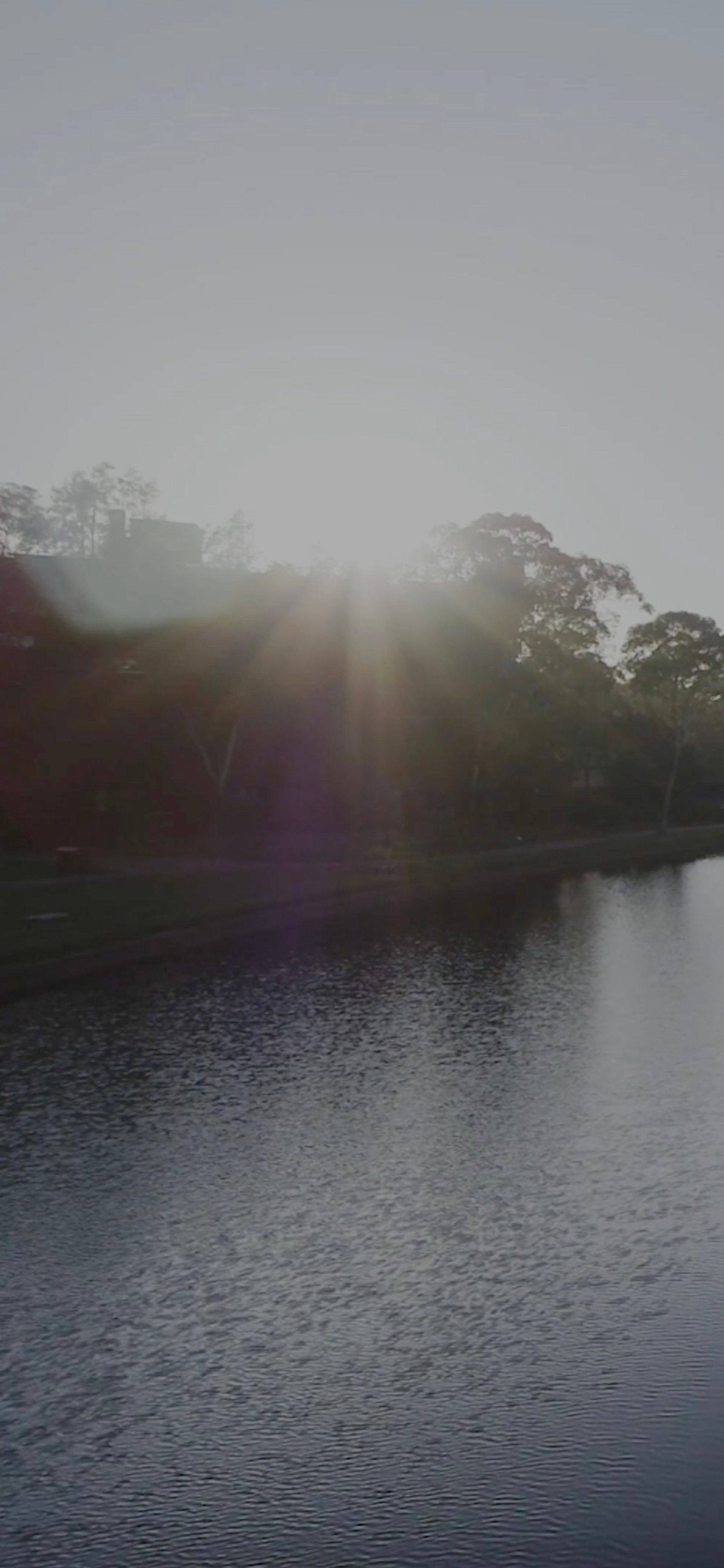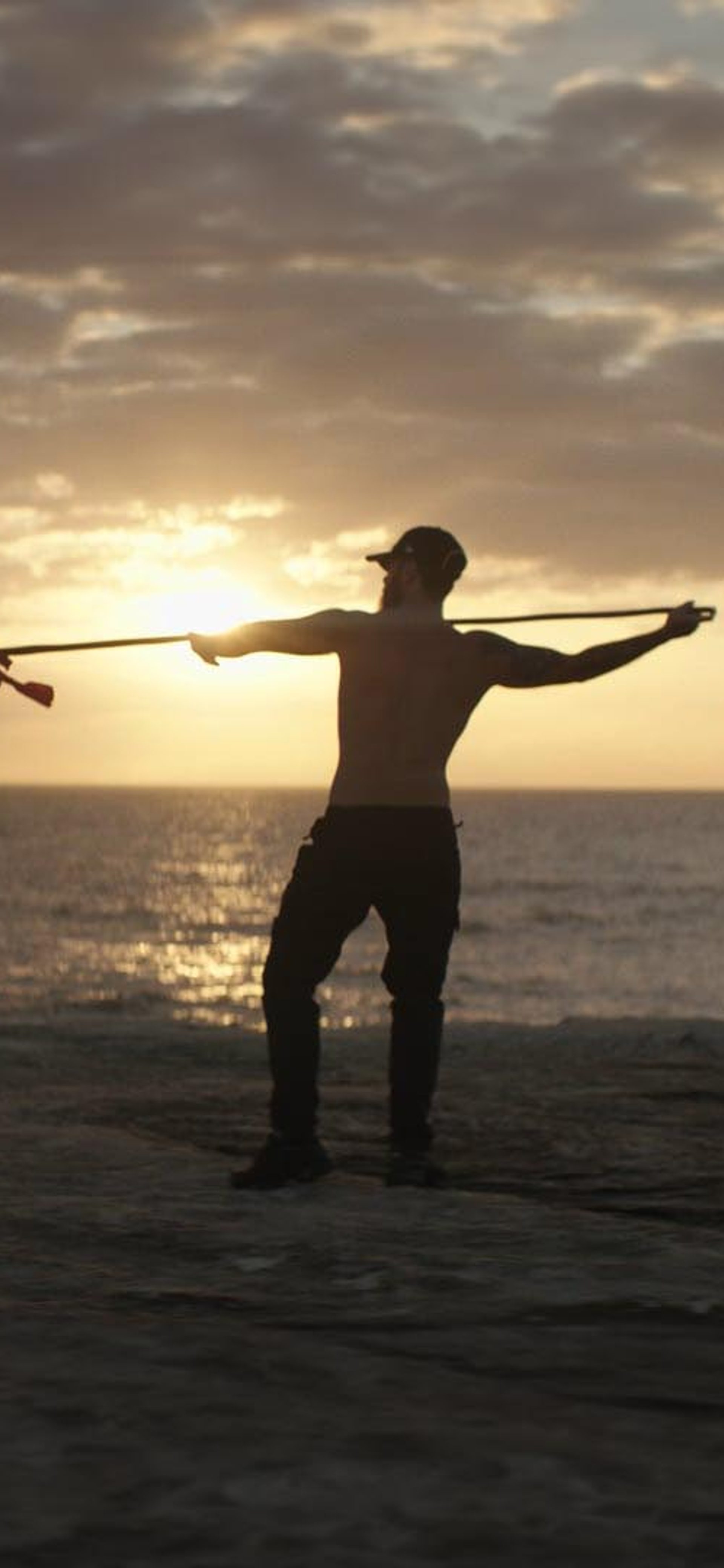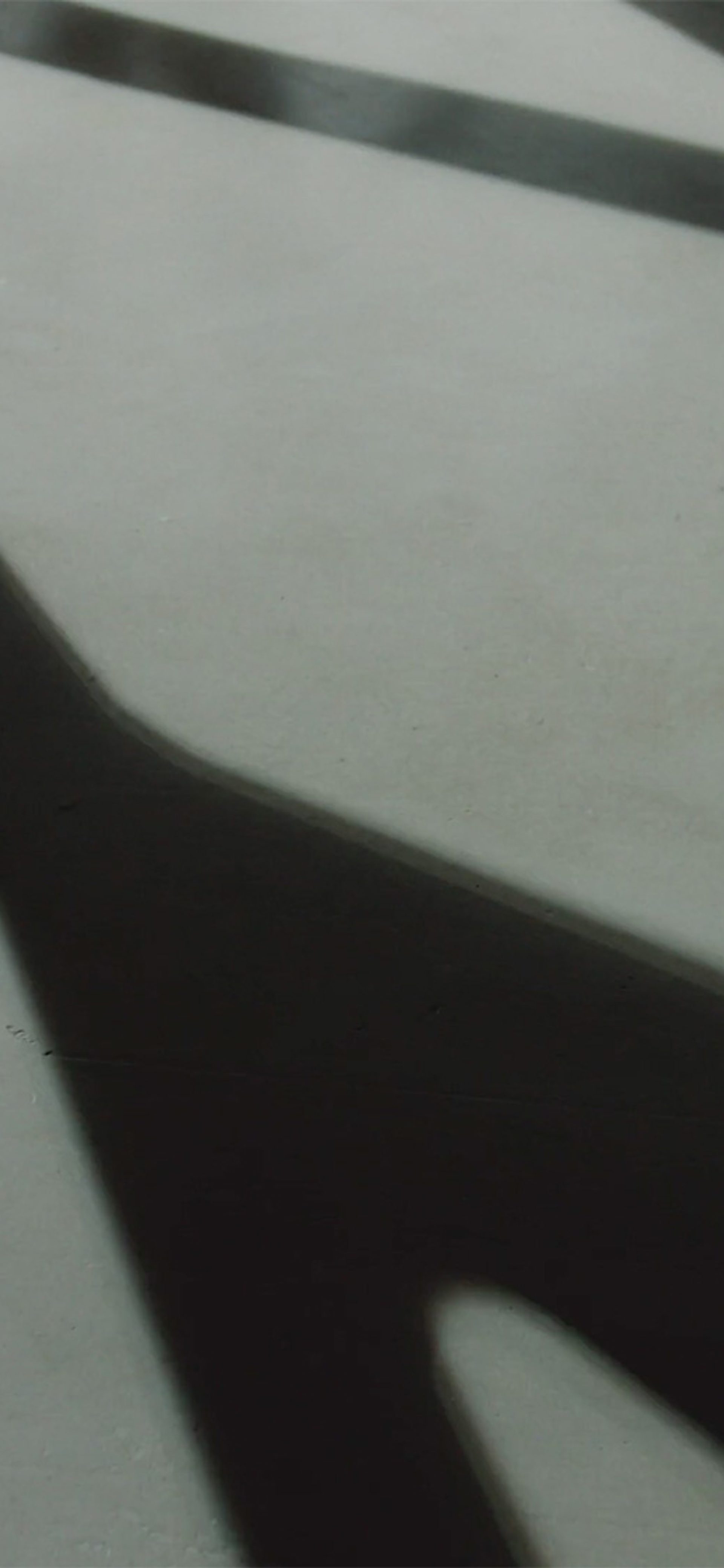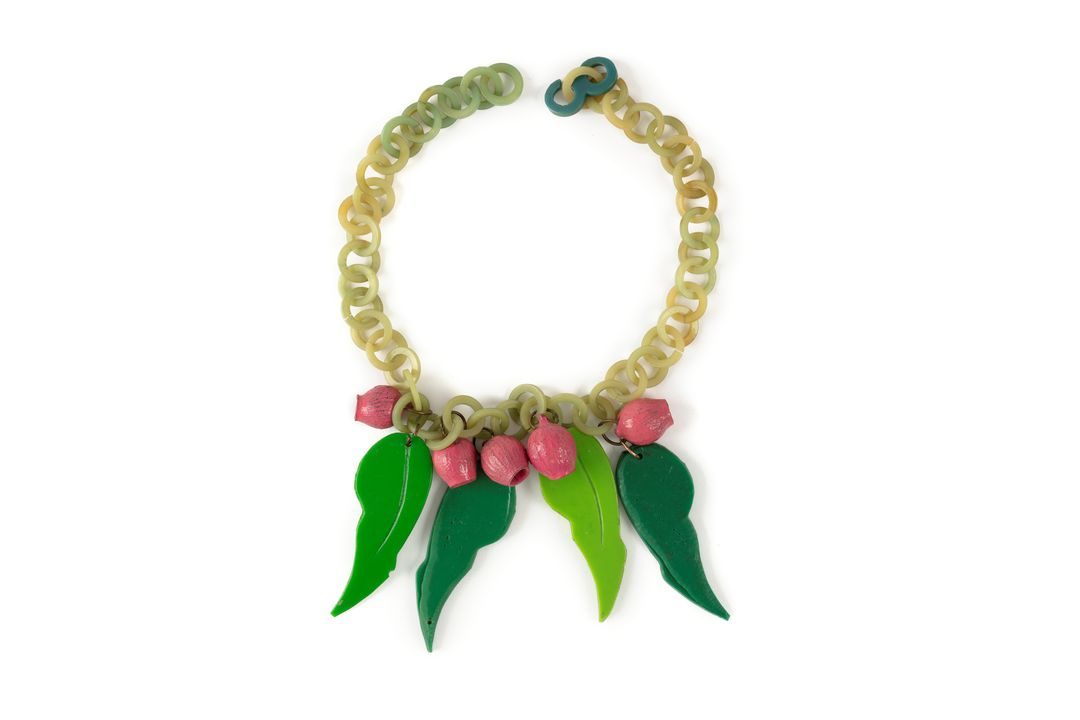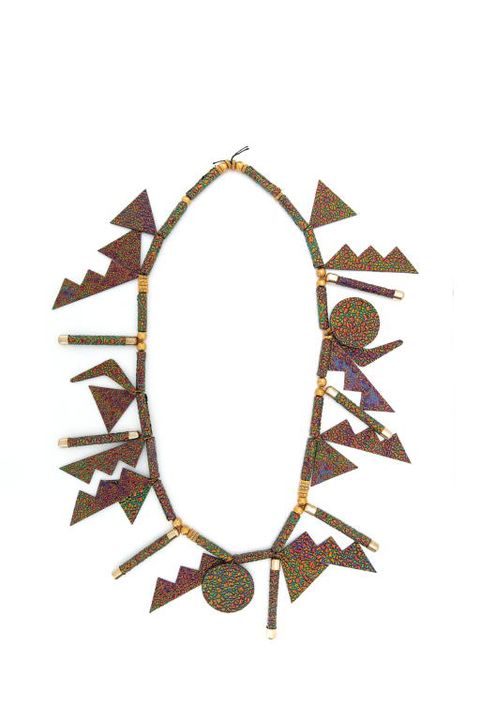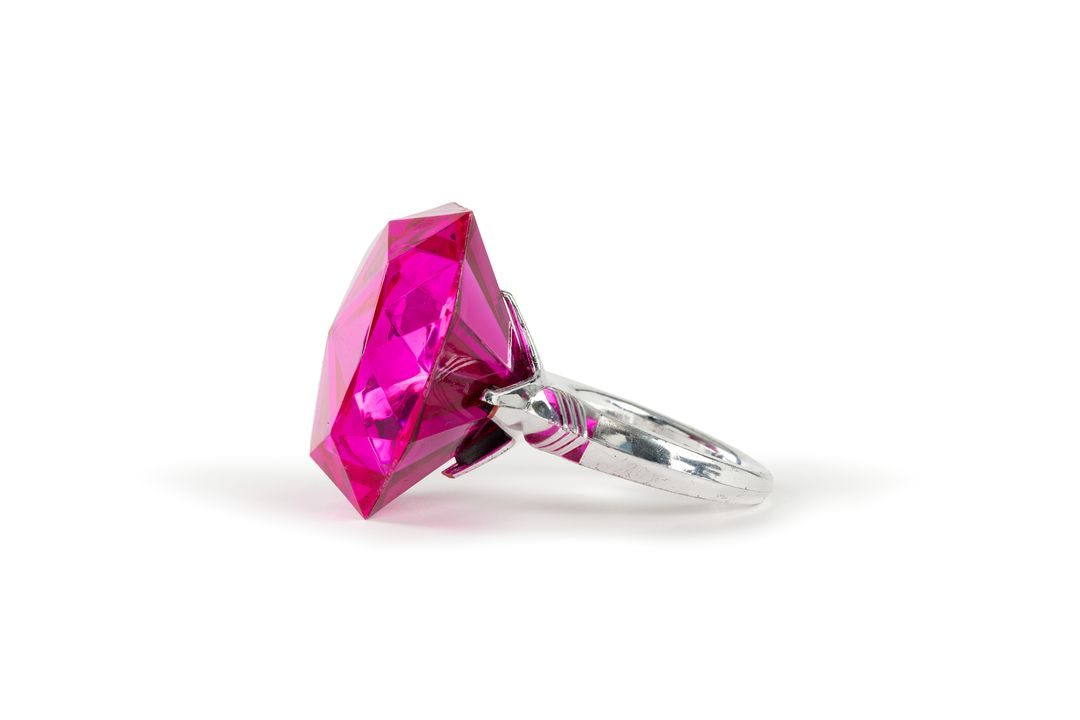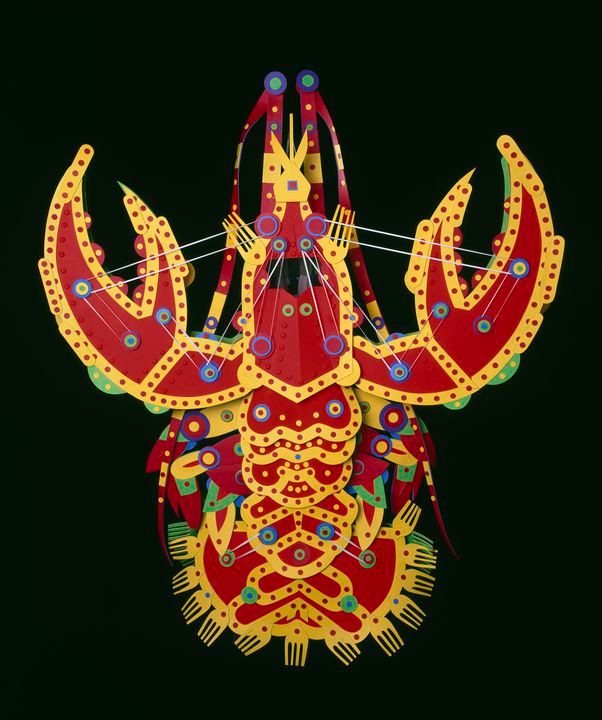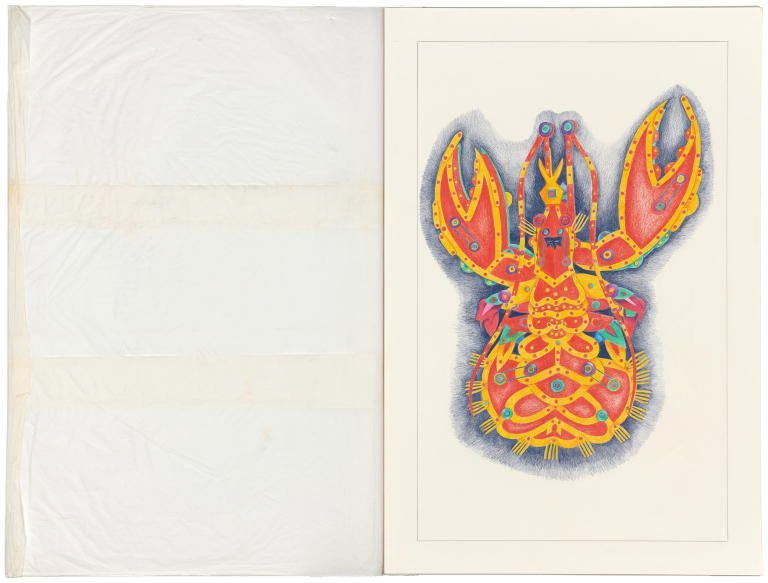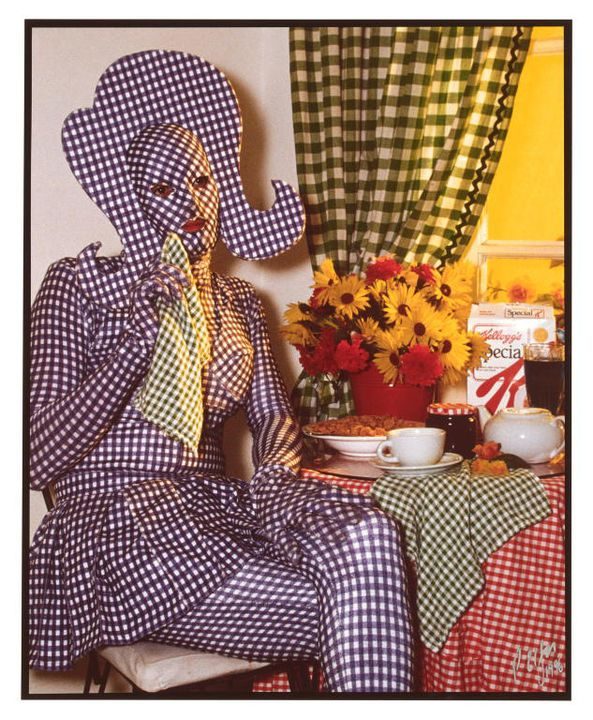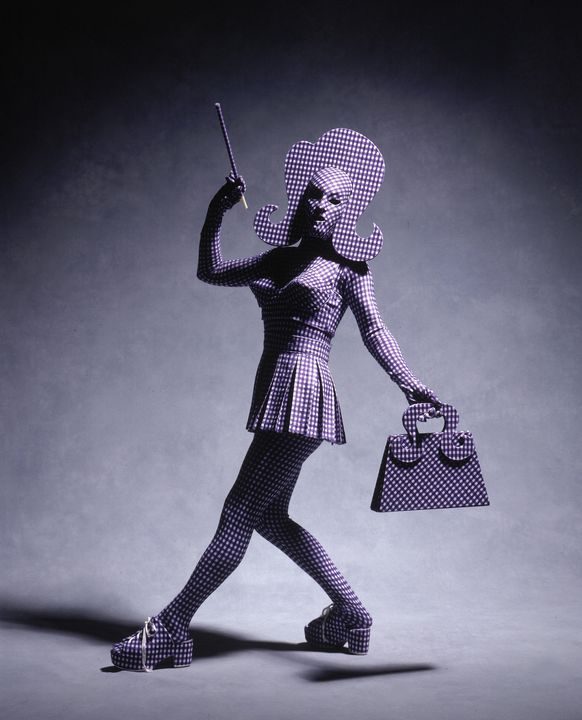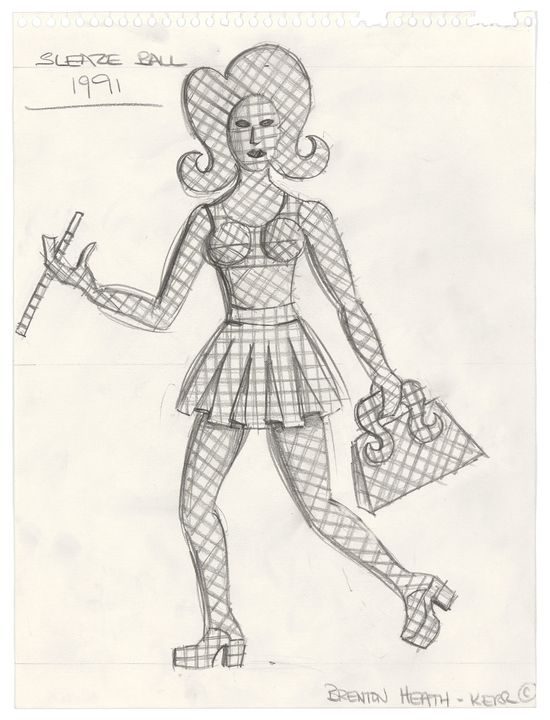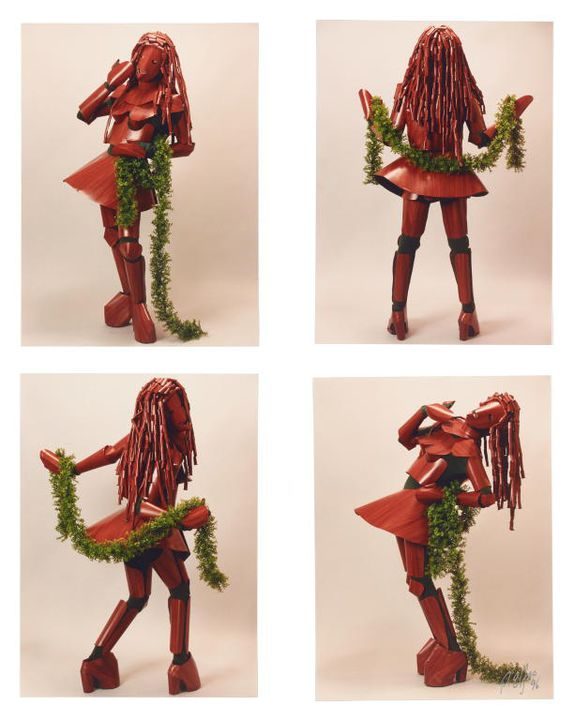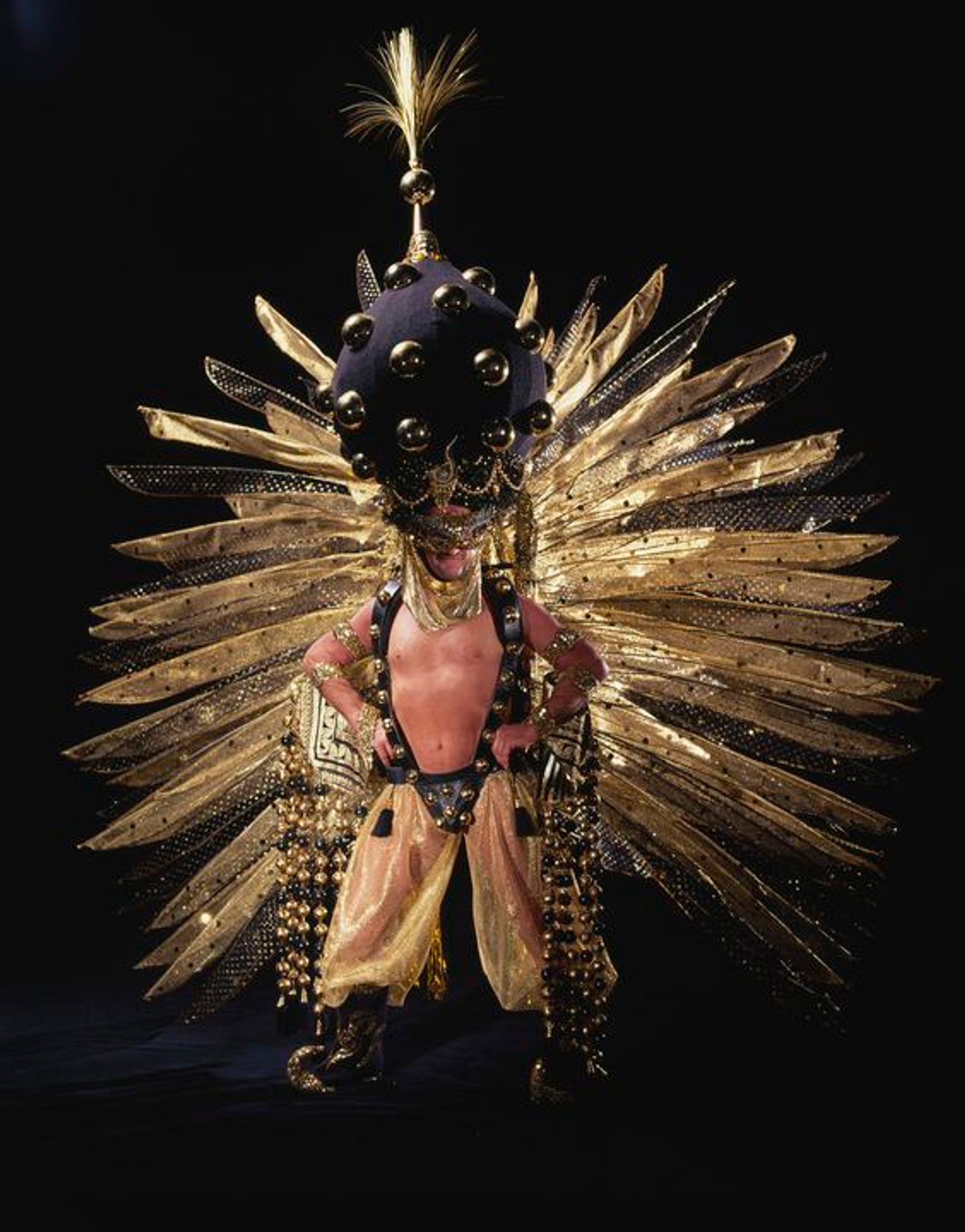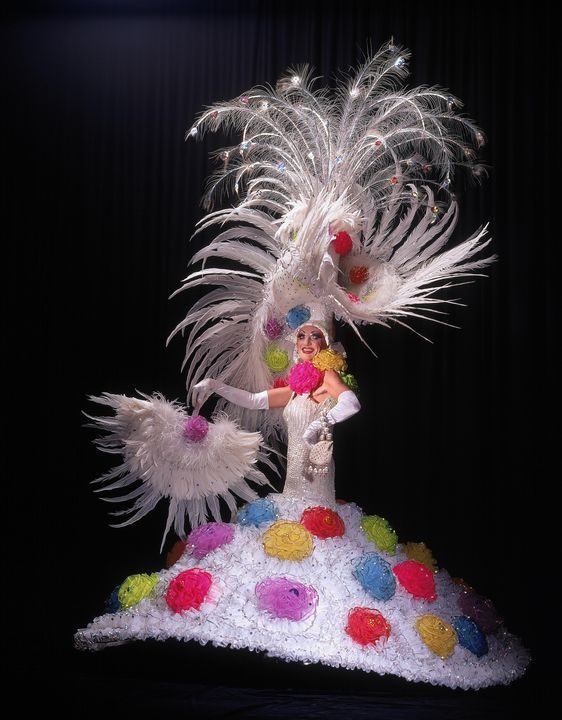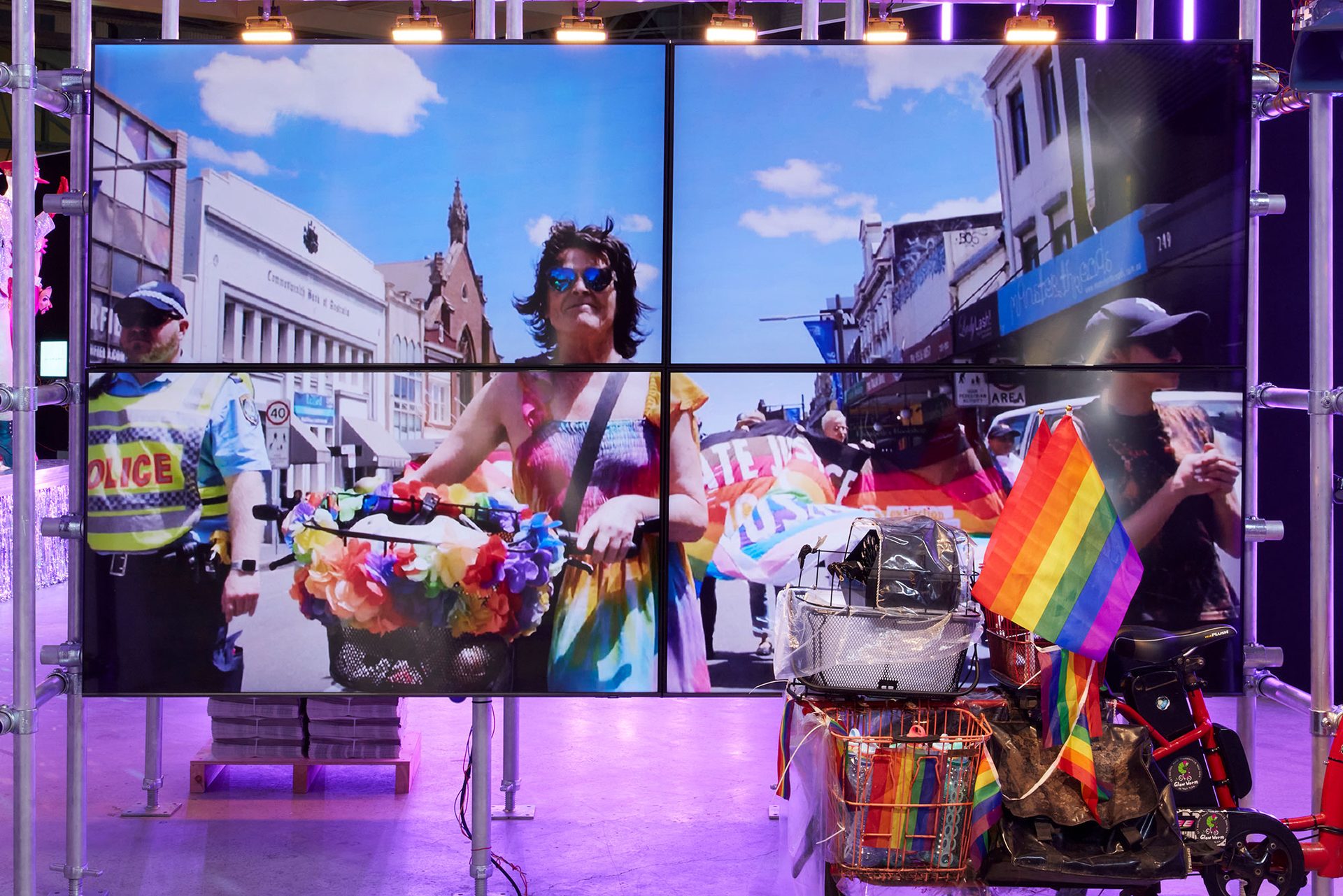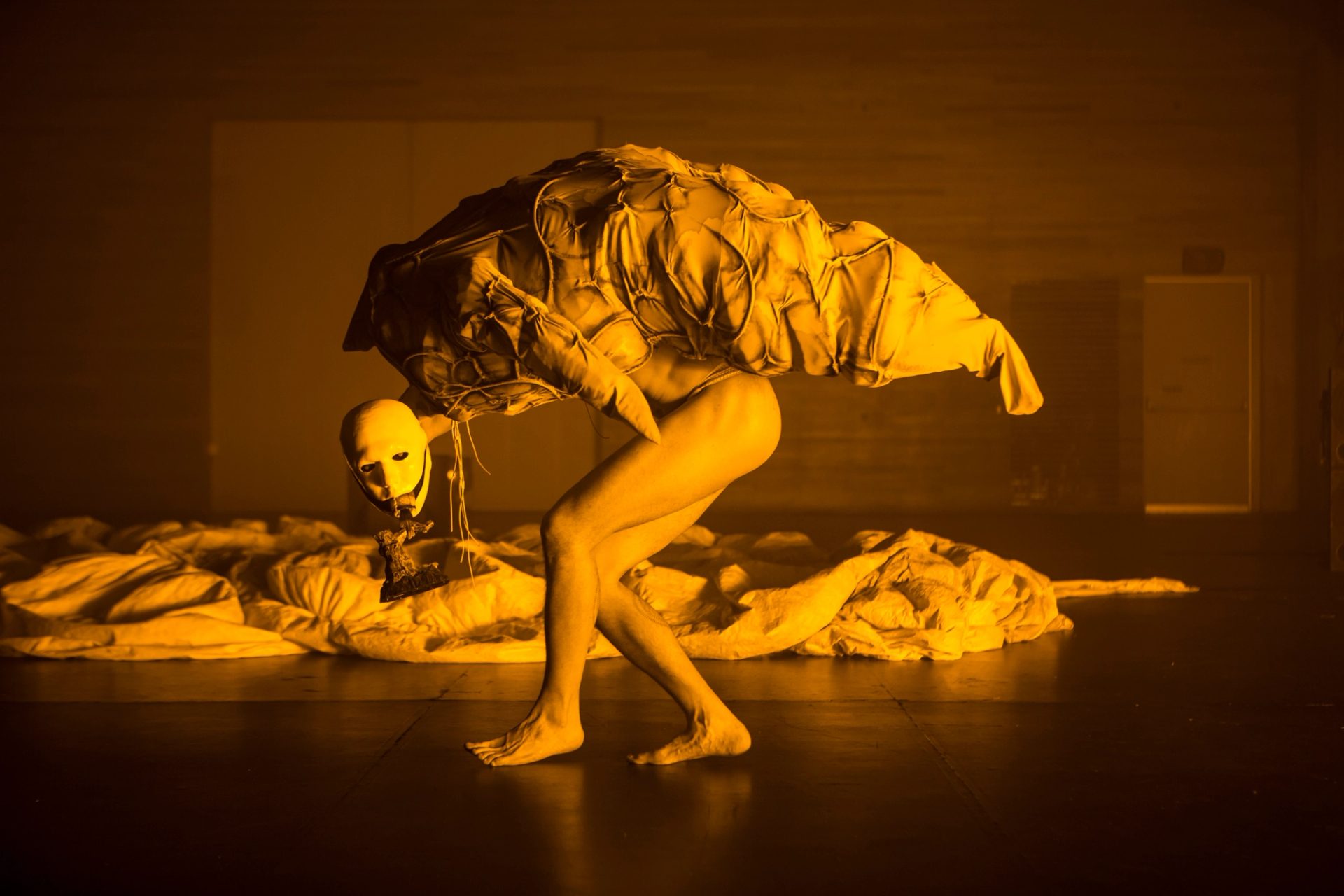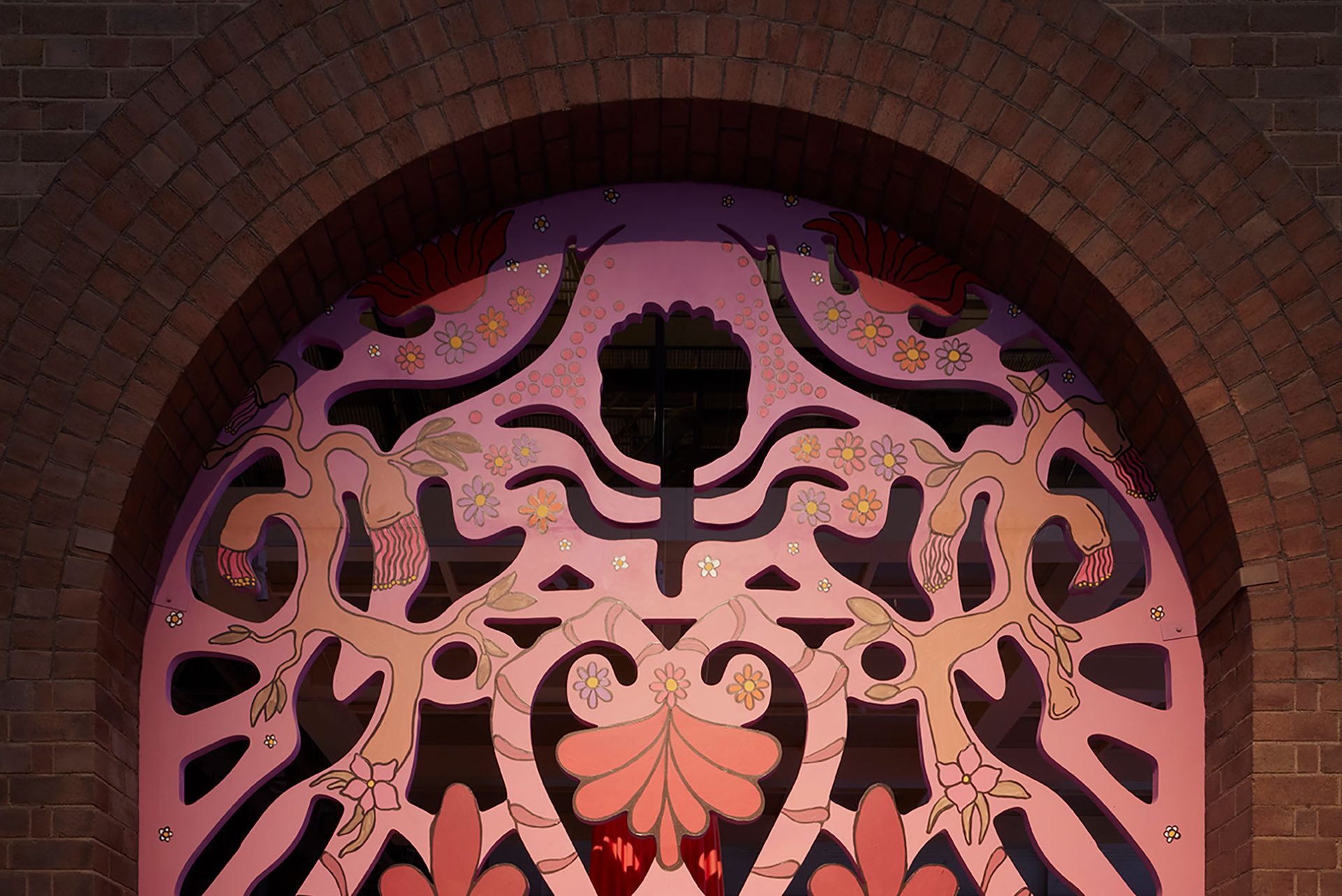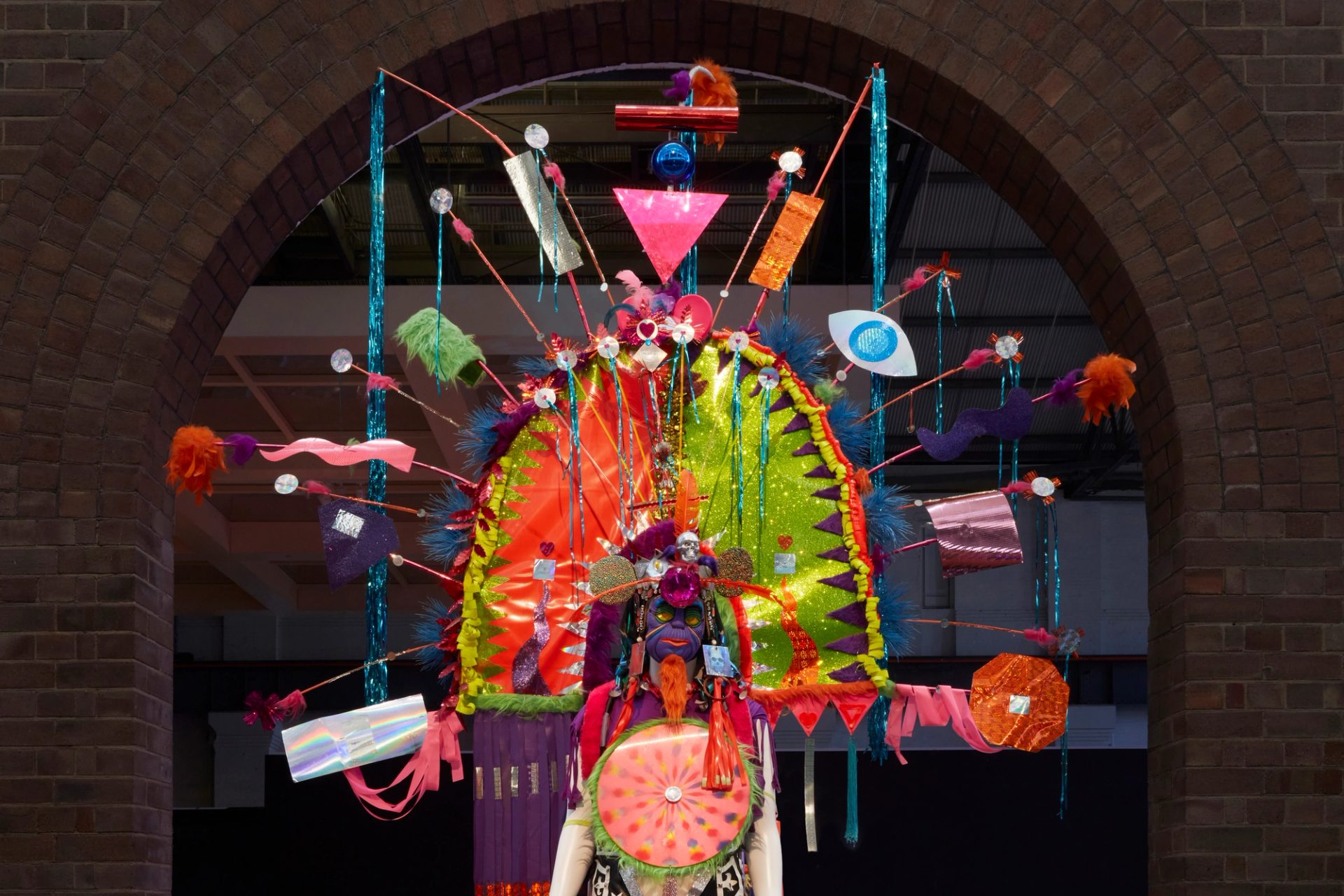Icons

Absolutely Queer reflects on the LGBTQIA+ artists who shaped Sydney Gay and Lesbian Mardi Gras into what it is today. Their creativity and pride have stood the test of time, and they will be cemented in Sydney history as icons.
Peter Tully (1947–1992)
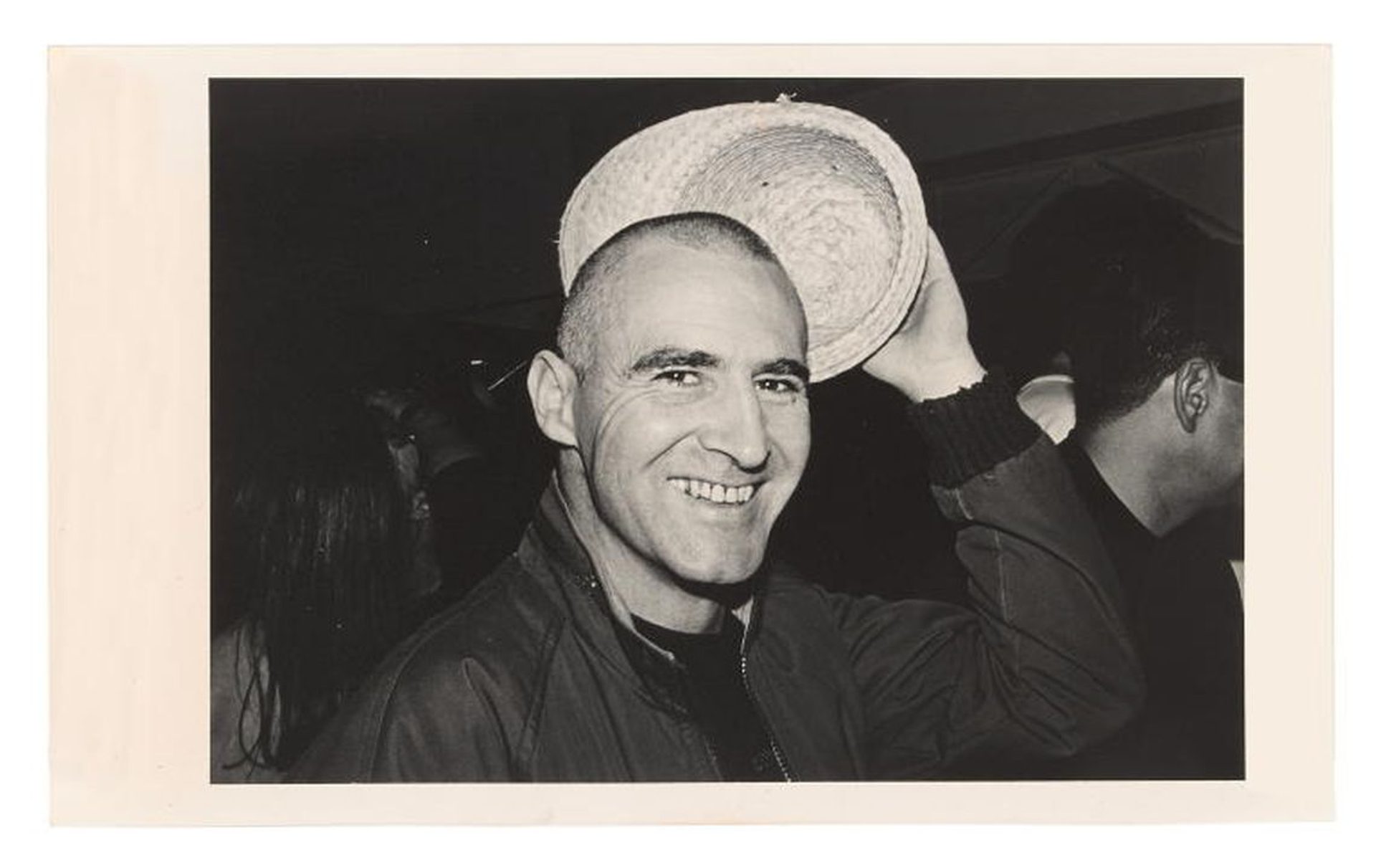
Peter Tully was one of Australia's most inventive designer-makers. Perhaps best known for his extraordinary jewellery and costume designs, Tully often made his pieces from found objects and loaded them with eclectic visual references ranging from gay iconography to Australiana. His range extended from small and intimate works to major public events such as Sydney's Gay and Lesbian Mardi Gras, of which he was artistic director from 1982 to 1986.
‘I think the [Mardi Gras] festival is important to us as a community, but I think for the general public, the parade is the major thing which we get our message across in.’
Peter Tully began making his first pieces of jewellery while living in a share house in Carlton, Victoria between 1968 and 1970. He used recycled materials sourced from op shops, second hand stores and flea markets to transform what was seen as the rubbish and kitsch of the 20th century into wearable art pieces.
